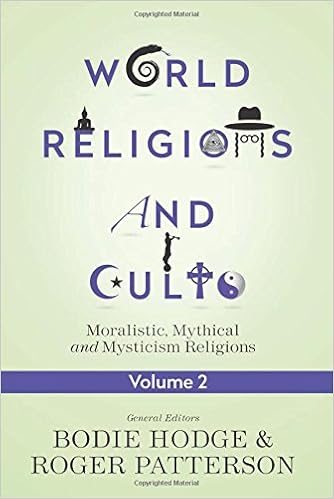Empiricism
Definition
Empiricism describes any philosophy which claims that all knowledge originates in experience, denying the validity of both deductive reasoning and divine revelation.
Keywords: Empiricism, Philosophy, Knowledge, Experience, False, Contradictory.
Veracity
Empiristic claims are false .
Proof
Any worldview that does not allow for its own foundation is deductively false.
Premise 1: Empricism is false if one must have prior knowledge to make sense of experiences.
Premise 2: One must have the prior knowledge of universal non-contradiction to make sense of experiences.
Conclusion: Therefore, empiricism is false.
Empiristic claims, when adhered to, deny the possibility of making sense of experiences, all the while claiming that making sense of experiences is the only way to know things. This contradictory denial of knowledge makes empiricism deductively false.
See also
Atheism

Gilbert Guttlebocker, Defender of Dragons
Riveting, yet absurd; romantic, yet innocent; Gilbert Guttlebocker, Defender of Dragons is a little Roald Dahl, a little Harry Potter, and a little Chronicles of Narnia, all rolled into one. Timothy McCabe collaborates with the great Benedict Ballyhoot to bring you the novel of the century!

In Printed Form
Along with numerous other authors including Don Landis, Bodie Hodge and Roger Patterson, Timothy McCabe contributes analyses of various world religions and cults in this volume from Master Books.
Other Writings
"Did Jesus preach non-violent submission?"
Jesus preached faith in Himself. Sometimes, this involves non-violent submission. Other times, it involves the use of violence and uprising. Christ taught that He Himself was God in the flesh (John 6:51-54, 8:58, 10:30, 14:7-9). This means that according to Him, His teachings and God's teachings are one-in-the-same (John 5:19). Therefore, if God commands either non-violent submission, or violent uprising, then Jesus also commands these same things.
Continue reading...
"What's an easy way to show that Mormonism is false?"
An extraordinarily important, core aspect of the Mormon faith is the concept of "free agency." Jesus Christ exercised free agency, Satan exercised it, and we also exercise it. Their "free agency" seems to be identical to what others refer to as "libertarian free will." Unlike many other Christian groups, Mormons correctly realize that their concept of "free agency" cannot be correct if we, and everything around us, were actually entirely created by God.
Continue reading...
"Jesus explicitly says "Many will say to ME (Jesus) LORD LORD, on that day... and I will say to them Depart from here ye that work iniquity" Full context Matthew 7:21-23. What is the Christian's response?"
I'm sorry, but response to what, exactly? I'm really not sure what you are looking for in your question. Here is the full verse and a little more context: Matthew 7:21-27 (NASB) "Not everyone who says to Me, 'Lord, Lord,' will enter the kingdom of heaven, but he who does the will of My Father who is in heaven will enter.
Continue reading...